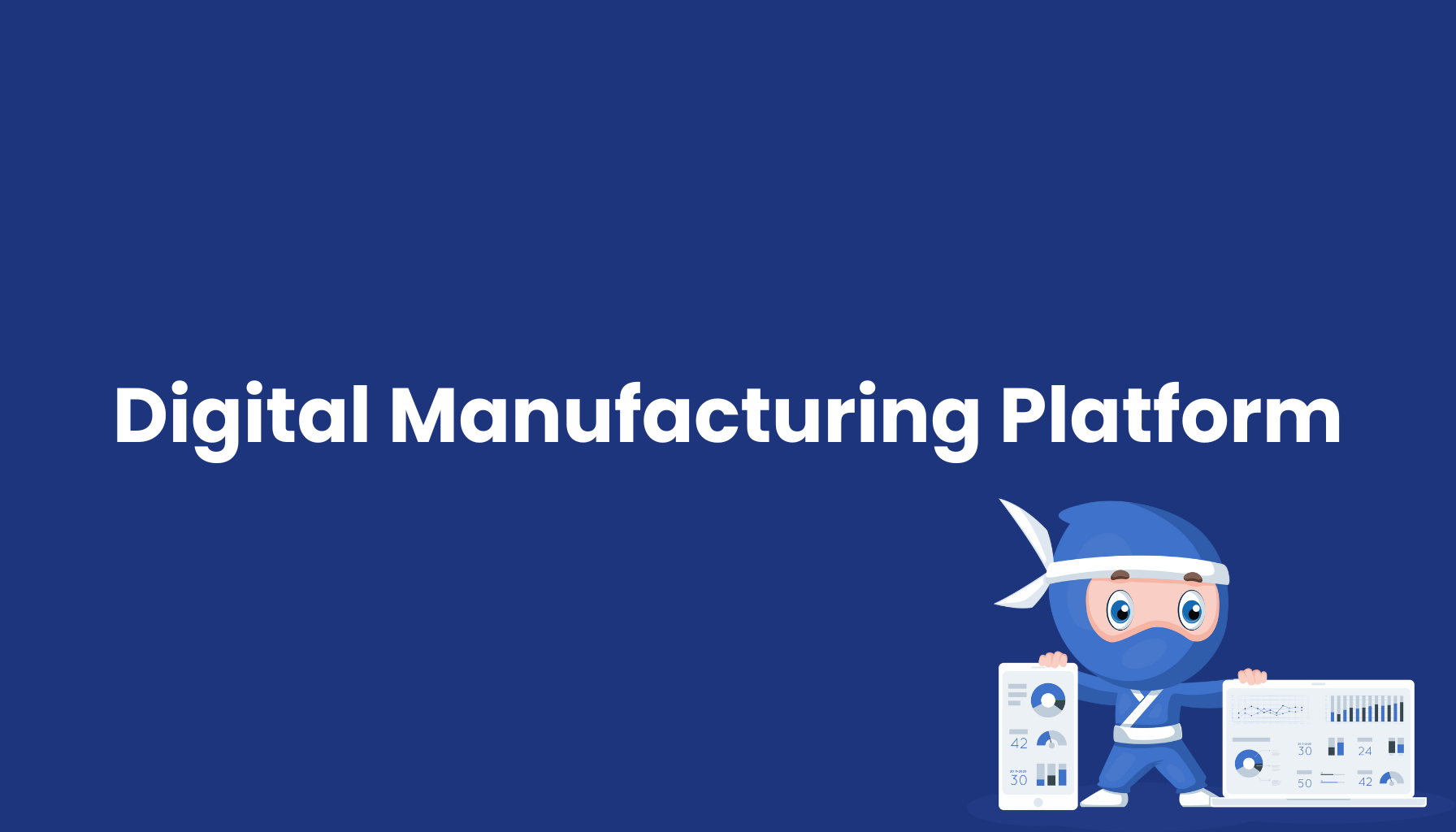Digital Manufacturing Platform

Definition
A Digital Manufacturing Platform is an integrated, cloud-based software solution that connects all production-relevant systems such as MES, ERP, and IoT devices in a unified platform. It functions as the central nervous system of modern manufacturing, enabling real-time transparency, intelligent control, and continuous optimization of production processes.
Core Components and Functions
The platform is based on a cloud-native architecture with modular design. Central components include MES integration for automated KPI collection, ERP connectivity for bidirectional data transmission, and IoT device management for connecting sensors and machines.
Digital Twin Technology enables virtual mapping of complete production facilities, while Machine Learning Engines provide predictive analytics and self-learning optimization. Real-time dashboards visualize critical metrics and production status clearly.
Advantages
Operational Excellence:
- Connectivity: Seamless integration eliminates data silos and creates holistic transparency across production environments
- Efficiency Enhancement: Automated processes and data-driven decisions lead to productivity increases of 15-25%
- Quality Improvement: Continuous monitoring reduces waste by up to 30%
Strategic Benefits:
- Scalability: Flexible adaptation to different company sizes without high IT infrastructure investment costs
- Responsiveness: Rapid adaptation to market changes and customer-specific requirements
- Cost Transparency: Detailed performance metrics enable informed investment decisions
Applications
Automotive Industry: Orchestration of complex manufacturing lines with hundreds of robots and assembly stations. Just-in-time production supported by real-time data from the entire supply chain.
Electronics Industry: Precise traceability of individual components from PCB assembly to final assembly. Intelligent material flow systems optimize complex logistics of small parts.
Pharmaceutical and Chemical Industry: Complete batch tracking and automated compliance reporting for regulatory authorities with continuous monitoring of critical process parameters.
Mechanical Engineering: Coordination of customer-specific manufacturing and lot size 1 through flexible production control of various manufacturing islands.
Technological Features
Predictive Maintenance forecasts machine failures weeks in advance and reduces unplanned downtime by up to 70%. Supply Chain Integration connects suppliers and optimizes material availability through automatic order triggering.
Real-time data collection in millisecond intervals enables immediate anomaly detection with automatic alarm systems.
Implementation Benefits
- Reduced Time-to-Market: Accelerated product launches through optimized production planning
- Enhanced Collaboration: Improved coordination between departments and stakeholders
- Risk Mitigation: Early identification of potential production issues
- Resource Optimization: Intelligent allocation of materials, equipment, and personnel
Technology Integration
- API-First Architecture: Seamless integration with existing enterprise systems
- Edge Computing: Local processing capabilities for latency-critical applications
- Cloud Security: Enterprise-grade data protection and access controls
- Mobile Accessibility: Smartphone and tablet access for remote monitoring
Future Perspectives
Digital Manufacturing Platforms evolve into AI-powered autonomous systems that independently suggest optimizations. Augmented Reality enables contextual information display at workplaces, while sustainability metrics like CO2 footprint become standard KPIs.
The platform establishes itself as an indispensable tool for Industry 4.0 and enables companies to achieve sustainable competitive advantage in the digitalized manufacturing landscape.


